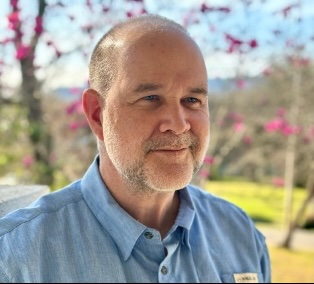After Dinner Conversation
OPINION —
In Luke 22:24-32, Jesus had an after-dinner conversation with His disciples that continues to speak to His followers today. In that conversation:
Jesus taught about true greatness. As He instituted the Lord’s Supper at the conclusion of the Passover meal, Jesus spoke of His betrayer and the disciples naturally “began to question among themselves which of them it might be” (v. 23). The next thing you know Luke is telling us, “A dispute arose among them as to which of them was considered to be the greatest” (v. 24). The transition is sudden, but it shouldn’t be hard to follow — no one wanted to think they would betray Jesus, so they strengthened their case by pointing to whatever great things they thought they had done. They simply went from defense to offense, and it was quite offensive!
Christ told them that was the way the pagans approached power. While by the world’s standard, the one at the table was greater than the one who served, Jesus was among them “as One who serves” (v. 27) or as Paul quoted Him saying, “It is more blessed to give than to receive” (Acts 20:35). In God’s kingdom, greatness is measured by your ability to serve and bless others.
He gave gracious recognition. After generously teaching the disciples (rather than harshly rebuking them for their selfishness in the face of His impending suffering), Jesus went on to tell them, “You are those who have stood by me during Me trials” (v. 28). It’s the counterpart to His earlier words, “I am among you as the One who serves.”
Don’t you love that?
This was a long way from the disciples’ finest moment, yet Jesus refused to pile on or see them solely in light of their shortcomings. He looked past the obvious to find something commendable. That can be a challenging thing when someone is busy patting themselves on the back as the disciples were here. Nonetheless, Jesus did it.
It reminds me of how Joseph Holt, Abraham Lincoln’s chief advisor on military trials noted that he “always leaned on the side of mercy. His constant desire was to save life.” John Hay, the president’s personal secretary and assistant mentioned “the eagerness with which the President caught at any fact which would justify him in saving the life” of a condemned man.
Whatever else could be said about the disciples, they had hung in there with Him (see John 6:60-70 for an example), and Jesus noted that. In return He promised them a place of authority in His kingdom, and we see this fulfilled in the book of Acts.
He had encouraging words for Peter.
Jesus said that Satan wanted to sift the disciples like wheat to break them down. He would and he did. But Jesus didn’t stop there. He also told Simon He had prayed for him—that his faith wouldn’t fail. “And when you have turned back, strengthen your brothers” (v. 31).
Jesus recognized that the great failure for Peter wouldn’t be his failure to acknowledge Him, it would have been his failure to get back on his feet after that. Think about it. Cain’s great failure wasn’t having his sacrifice rejected by God; it was how he mishandled that by allowing his anger to build which led to him killing his brother (see Genesis 4:6-7). So often our failure isn’t the initial one — it’s our failure to get out of the ditch we fall into that leads to our real problems. Jesus knew all of this and encouraged Peter not to give in —and he didn’t! I think through this text He is doing the same thing for us.
There’s much to learn and practice in Jesus’ words here!
Find more of Bruce’s writings at his website: a-taste-of-grace-with-bruce-green.com.


